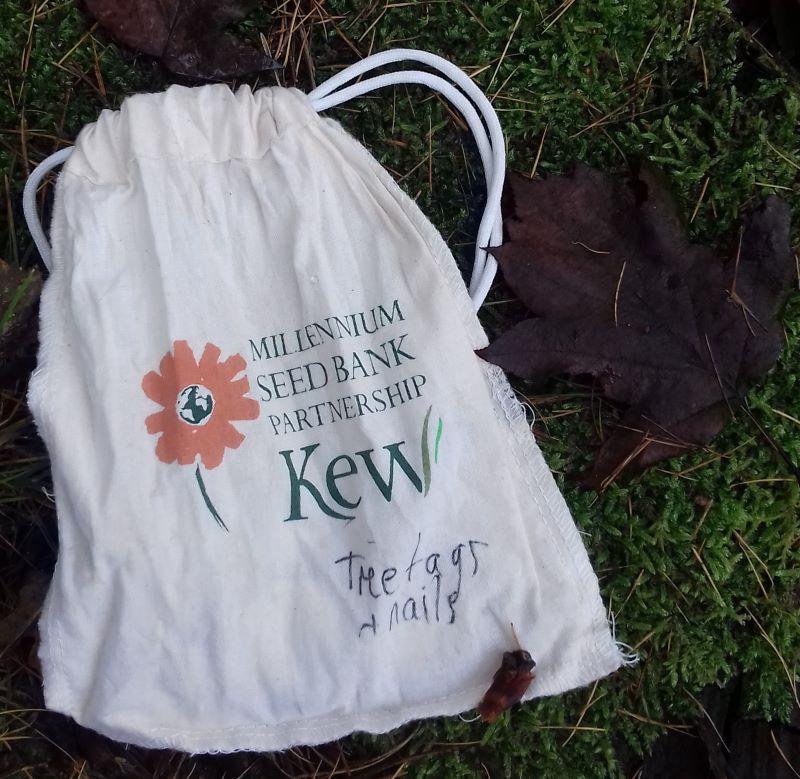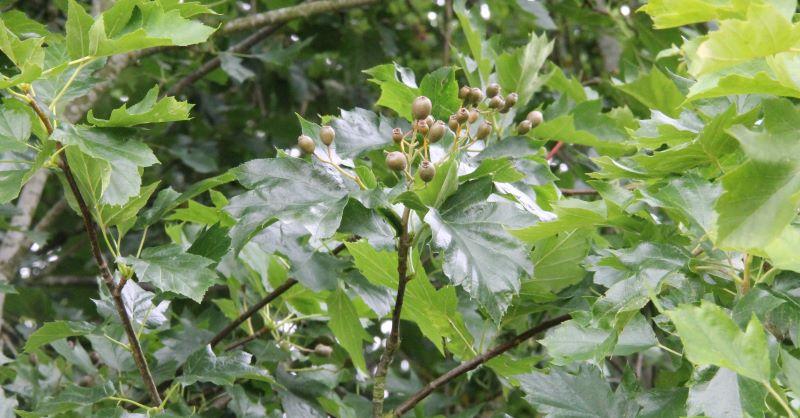
Protecting trees at risk with the Millennium Seed Bank
The wild service tree is an ancient woodland indicator, but it is quite rare in Britain now being mainly found in small areas of woodland and among old hedgerows. As fans of these veteran trees we’re delighted to be collecting seed from them for the Millennium Seed Bank at Kew.
The Millennium Seed Bank is a safety net for species at risk
Due to rising temperatures, extreme weather events, deforestation and increased urbanisation many of our plant and tree species are at threat of extinction. The collection of seed contained at the Millennium Seed Bank is aiming to provide a safety net for these species at risk.
In 2009, the Millennium Seed Bank achieved its aim of storing seed from nearly all the UK’s native plant species. Britain is now the first country in the world to have preserved its botanical heritage.
We have a good population of wild service trees in all our Ancient Semi Natural Woodland sites and we include them in our new plantations. We have been asked to collect seed and leaf samples from around the forest along with the location and size of the trees. Once samples have been taken a small metal tag is then attached to the tree which identifies it as a seed source

The rare wild service tree
When fully grown, the wild service tree can stand as tall as 25 metres. In maturity it has brown cracked bark with grey-brown twigs containing round green buds and leaves that are lobed (which are often mistaken as maple). It is a deciduous tree that produces clusters of flowers in the spring that later turn to oval fruits that are brown in colour.
Wild service fruits are said to taste like dates and can be made into an alcoholic drink. They are often known as chequers and are said to have influenced the naming of some pubs as the ‘Chequers Inns’.
Preserving the wild service tree
Our wild service seed is going to be kept in the Millennium Seed Bank at Wakehurst along with other seed from native trees and other species from around the world. The Millennium Seed Bank is now the largest and most diverse wild plant species genetic resource in the world and contains seed from more than 95 countries.
We are very proud to have been asked to participate in this important project and we are pleased that samples gathered from the Heart of England Forest will be kept, ensuring that the wild service tree will be preserved for generations to come.



